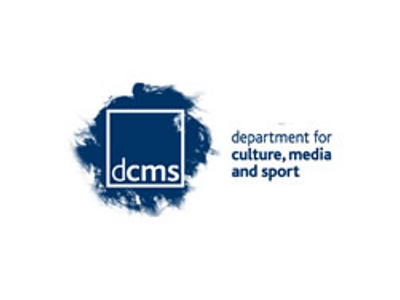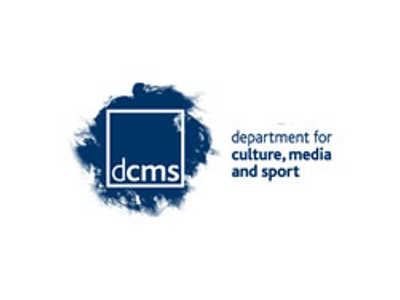

As Full Tilt account holders wonder if they will be able to recoup their frozen funds, the British government examines their policies in an attempt to reduce future risk of their players.
After the exposure of FTP’s business and accounting practices and their inability to repay American account holders following the events of Black Friday coupled with the cheating scandals that rocked the online poker world in previous years, many people opined that the organizations that issued licenses to gaming sites were little more than rubberstamp organizations with no authority over the sites they governed.
Last month Full Tilt Poker was forced to close their doors when their regulatory agency, the Alderney Gaming Control Commission (AGCC), suspended FTP’s license and demanded FTP stop all poker play and registration of new customers. Compliance with AGCC’s demands resulted in FTP account holders worldwide being unable to withdraw their funds from the troubled poker site.
Though the AGCC claimed their sanctions against FTP were in the public’s best interest, many questioned how FTP was able to operate in such a high-risk manner while under the watchful eye of the AGCC.
Currently the UK imposes restrictions on how gaming sites can market and advertise their products. In addition to requirements that include discouraging under-aged gambling and providing a link to gambleaware.co.uk, the UK has compiled a “white list” of approved regulators that license gaming sites. Only those sites that are licensed by a white listed gaming commission are allowed to advertise in the UK.
A spokesman for the UK Department for Culture, Media & Sport was quoted in an article published by The Guardian as saying, “[T]he government is looking at reforming how overseas-based operators are regulated and we hope to make an announcement in the next few weeks.”

